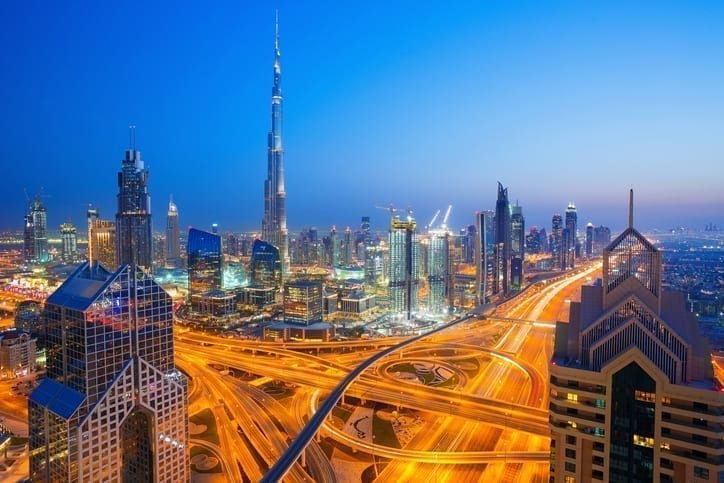The scenarios highlight how different combinations of innovation accelerators – the ‘Constellations of Disruptions’ – might trigger and scale to enable alternative energy pathways and disrupt existing value chains.
The report includes new story lines to 2040, supporting systems maps, comparative analysis on energy implications, six regional perspectives, as well as illustrative quantification, on an aggregated global and regional basis.
‘The transformation of the energy economy is a systemic challenge where interdependencies between technologies, actors, markets and the environment play a decisive role on how new energy structures emerge and how successful future energy and climate goals will be achieved.’
DR TOM KOBER
Head of the Energy Economic Group of the Paul Scherrer Institute
Key highlights
Global primary energy demand momentum remains in line with the 2016 scenario modelling, with per capita energy demand projected to peak in the 2020s.
Electrification extends to more uses and users, driving decarbonisation rates; however, the question of hard-to-abate sectors and non-electrified uses remains open.
A new mobility revolution, which is dependent on infrastructure, is gathering momentum with the potential to disrupt the entire energy landscape in the longer term.
Energy efficiency gains are critical to manage energy demand from industrial, residential and commercial sectors and to avoid reducing climate change momentum.
New opportunities are emerging to provide energy-plus services in an increasingly consumer-centric energy system.
Infrastructure innovation and investment, and proactive policies, are necessary to secure affordable decarbonisation and socially just energy transitions.
New net-zero carbon pathways, including hydrogen, and carbon abatement mechanisms emerge and start to scale by 2040.
Achieving Paris Agreement targets remains elusive, with none of the 2019 scenarios meeting the 2°C target agreed to in the UNFCC Paris Agreement.
Click here to find out about how much you could save by switching to a clean energy supply from Octopus Energy.
 Play Video about This Rock Might Just Save The World
Play Video about This Rock Might Just Save The World Play Video about Play 2 hours of rock
Play Video about Play 2 hours of rock Play Video about Play 2 hours of brook
Play Video about Play 2 hours of brook Play Video about Play 2 hours of sheep
Play Video about Play 2 hours of sheep











































